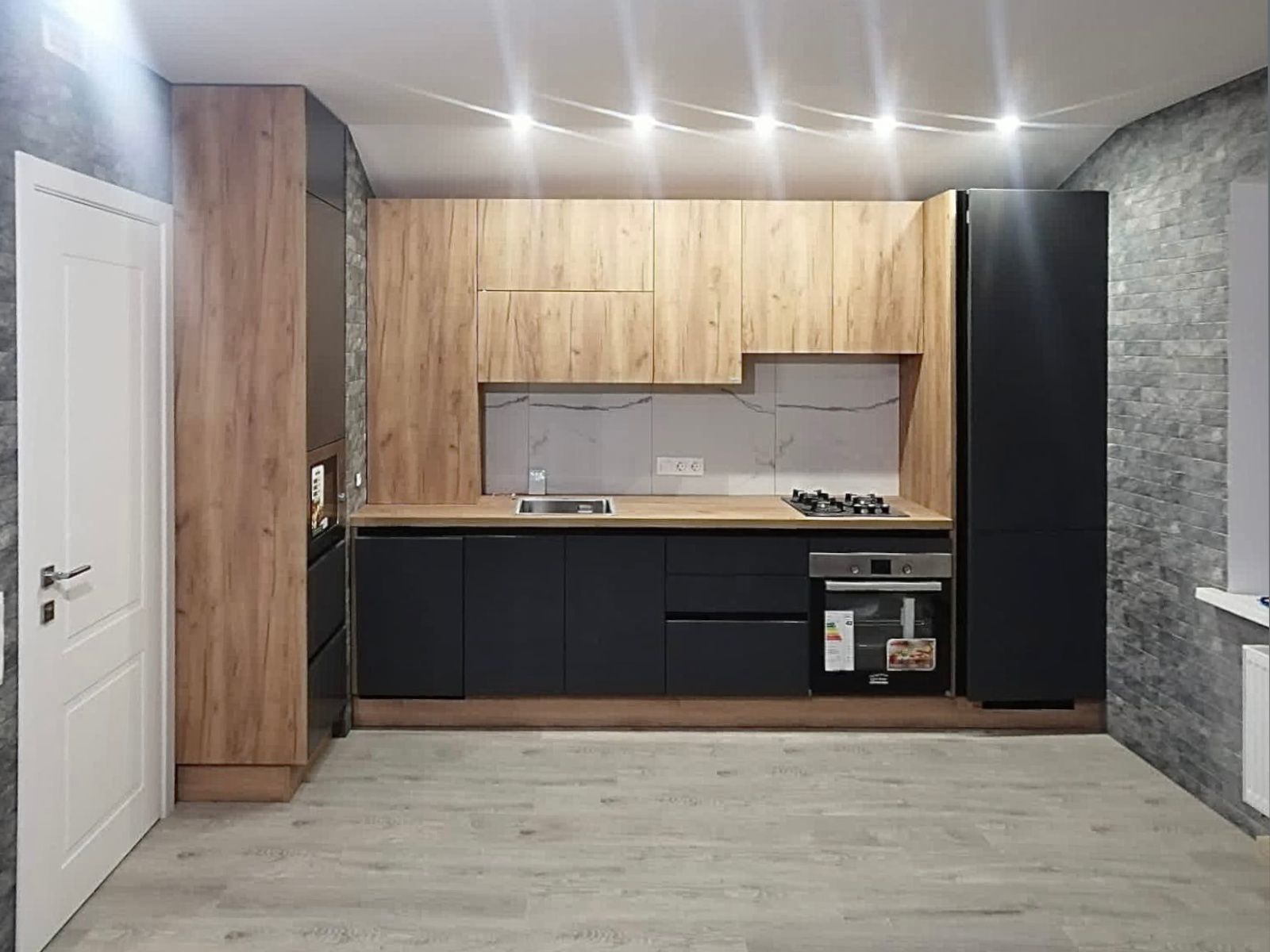
Kitchen Mastery Made Simple
Understanding the Basics
Mastering the art of cooking begins with a strong foundation in the basics. Knowing how to select the right ingredients, understanding the importance of seasoning, and grasping fundamental cooking techniques are essential. Start simple by learning to cook eggs in various styles: scrambled, poached, fried, or boiled. Each technique offers insights into heat control, timing, and ingredient compatibility.
Organization and Prep Work
A well-organized kitchen space and prep routine is key to making cooking less daunting. Before starting any recipe, practice "mise en place" – the culinary process of putting everything in its place. Gather your ingredients, chop vegetables, measure spices, and have all your utensils ready. An orderly kitchen workflow saves time and reduces stress during the cooking process.
Cooking Techniques 101
Different cooking methods can dramatically change the texture and flavor of food. Learning methods like sautéing, roasting, grilling, steaming, and baking is crucial. Start with simple recipes that call for one or two of these techniques. As you grow more confident, you can mix and experiment, using these methods to unlock a dish's full potential.
Flavor Pairings and Experimentation
Understanding which flavors work well together transforms good dishes into great ones. Begin by familiarizing yourself with classic combinations such as tomatoes and basil, lemon and dill, or peanut butter and jelly. Once comfortable, start experimenting with unique pairings to discover new favorites. Remember, the best chefs know that creativity in the kitchen often leads to the most memorable meals.
Time Management Skills
Cooking can quickly become overwhelming if you're not mindful of time. Plan your recipes to efficiently use oven and stovetop space. If a dish takes longer to cook, start with that and prepare quicker-cooking items later. Additionally, learning how to multitask safely in the kitchen will make for a more efficient and enjoyable cooking experience.
Practice and Patience
No one becomes a master chef overnight. Mastery in the kitchen requires practice, patience, and a willingness to learn from mistakes. Each time you cook, you develop a better understanding of timing, flavors, and techniques. Be patient with yourself, and celebrate small victories along the way to becoming a kitchen master.
Continue Learning and Growing
The journey to kitchen mastery is never-ending because there's always something new to learn. Watch cooking shows, read cookbooks, or take a class to get inspired and expand your skill set. With each new recipe or technique, you'll not only improve your cooking but also find joy in the continual process of learning and discovery.